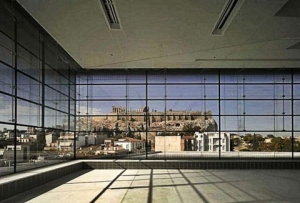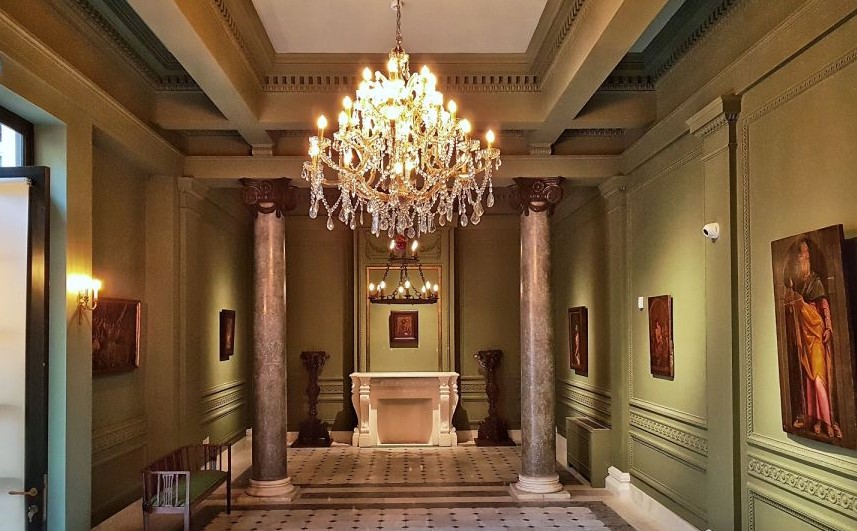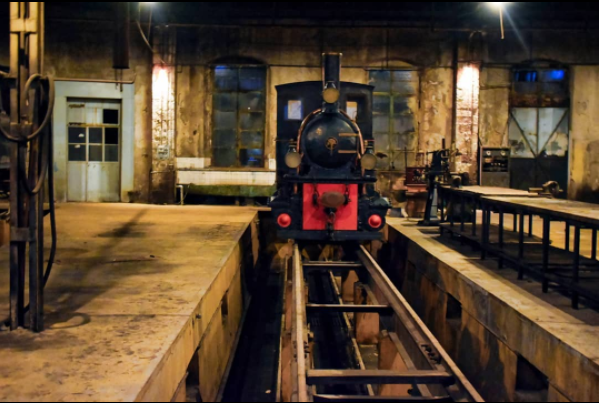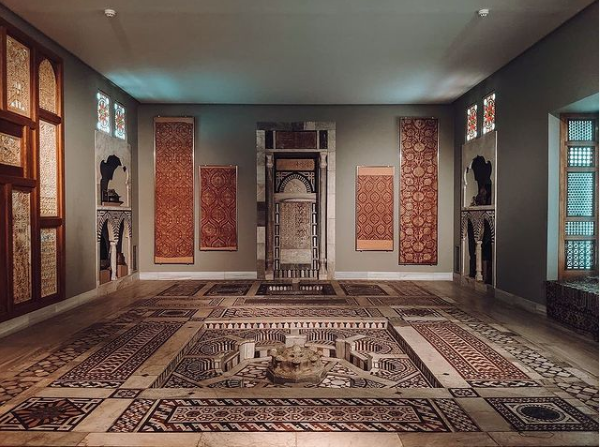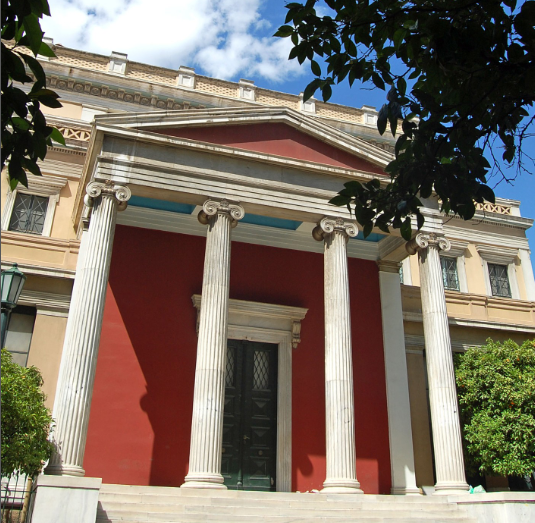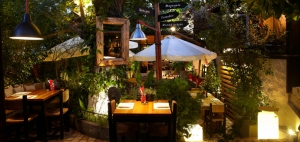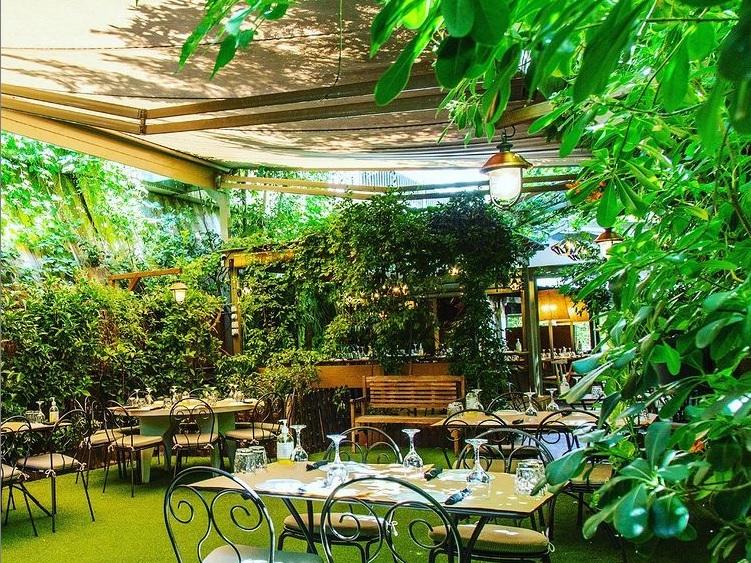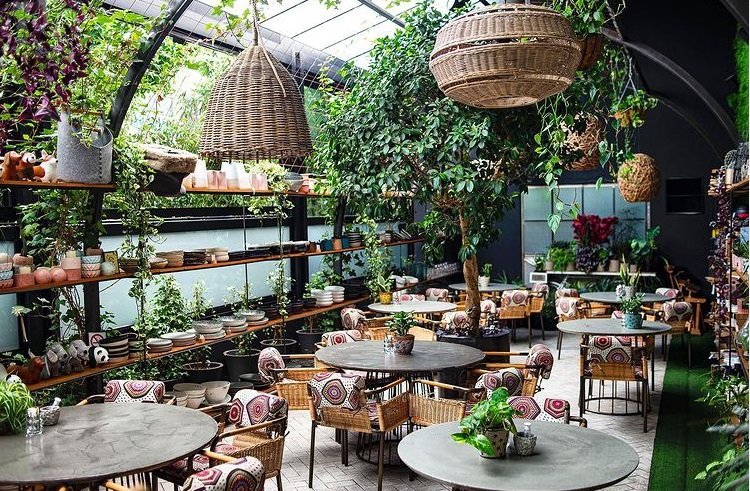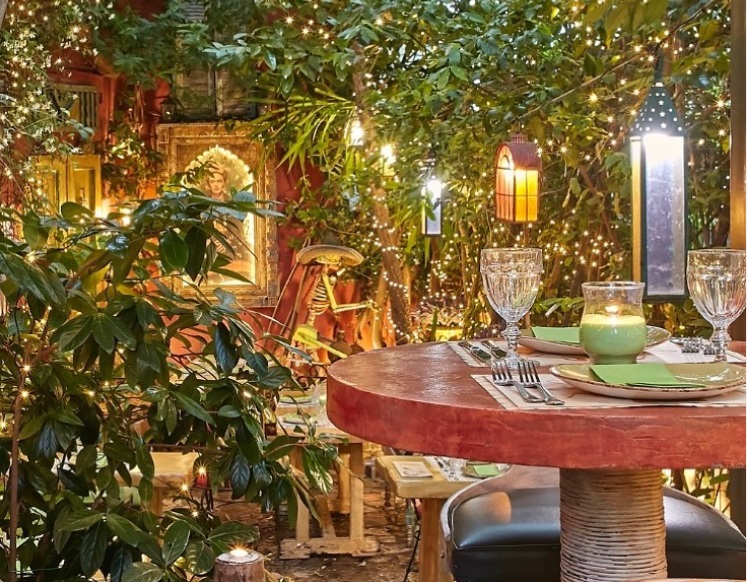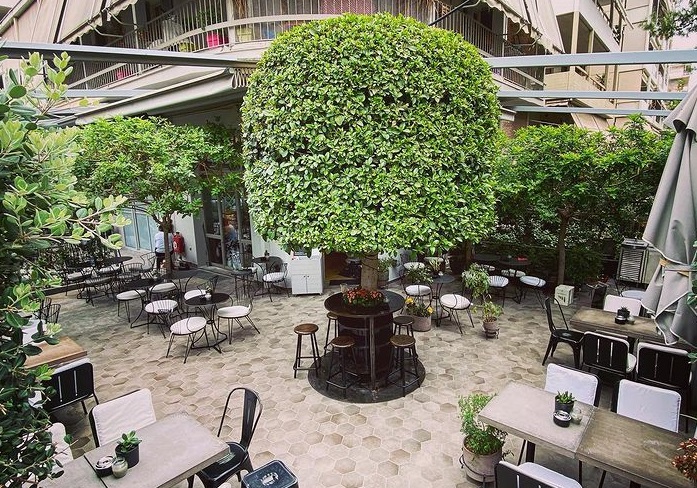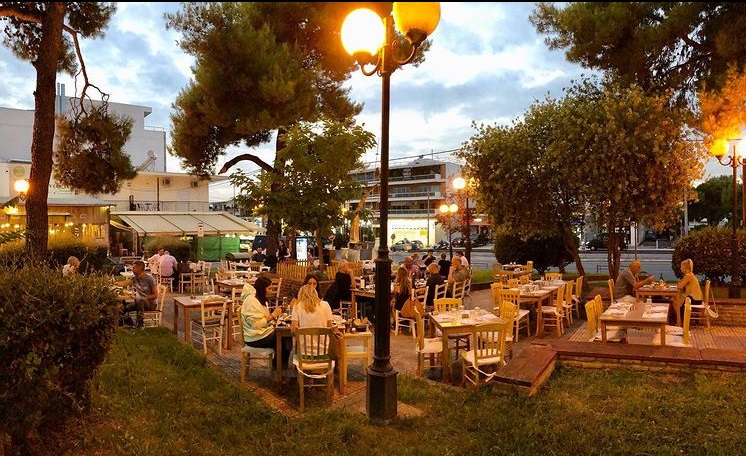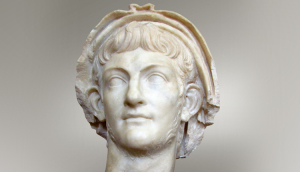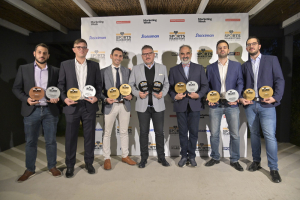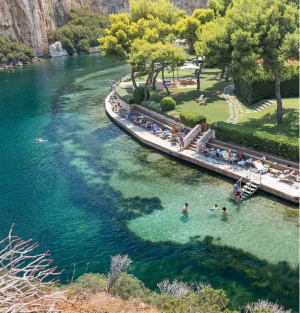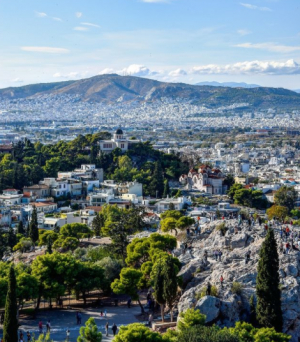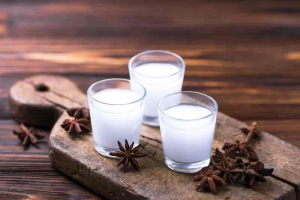Adopt, don't shop! There are so many stray animals in Athens and around Greece who need loving homes. If you are looking for an animal to adopt, please see the organizations below that help with rehoming stray animals.
KAZ Shelter for Stray Animals
The KAZ (Shelter Stray Animals) is a non-profit association founded in 1988. The shelter's activities rely on the love and voluntary actions of its members, donations, and sponsorships. KAZ offers care and treatment to stray animals at its privately-owned facilities in Markopoulo, Attica. The shelter operates exclusively as a transit center for the animals and not as a place for their permanent residence.
All the cats, kittens, dogs, and puppies are vaccinated and are given with health papers, while adult animals are also neutered. The society does not provide a place for fostering animals, nor is an animal shelter. Rescued animals are taken care of in houses and yards of volunteers until they get well and then they return to their initial neighborhoods unless they are adopted.
Adoptions are finalized with an “Adoption Deed” signed between a liable member of the society and the prospective guardian according to Greek Law. The fees for each animal’s vaccination, deworming and microchip tagging are €30 and are lifted only in the case where the animal has passed through the Municipality’s strays management program, otherwise is paid in full by the prospective guardian.
Please click
HERE for more information.
Nine Lives Greece
Nine Lives Greece is a network of volunteers dedicated to the reduction of stray cat overpopulation through trap-neuter-return programs.
Each year they get hundreds of stray cats in Athens neutered/ spayed (1,577 cats in 2016 alone) and they help improve the quality of life of some 450 street cats through daily feeding programs and veterinary care. They also try to find responsible homes for as many stray or abandoned cats and kittens as possible.
Please click
HERE to view the cats available for adoption.
Save A Greek Stray
Founded on Erietta Kourkoulou-Latsis’ private initiative Save A Greek Stray is a non-profit organization whose volunteers share one vision: a country where pets will be stray no more whilst given the opportunity to live a decent life within a loving domestic environment. In order to assist with the implementation of the above goal, SGS has created a shelter for stray animals, offering them a safe haven until their family comes along.
Please click
HERE to see the pets up for adoption.
Dog's Voice
Dogs' Voice is a non-profit organization that supports the work of 112 animal welfare organizations throughout Greece. It has the largest network for promoting stray dogs in responsible adoptions, implements an integrated urban animal protection program at the local government level, and provides legal support for animal abuse complaints.
The organization's mission is a Greece without strays; a country where citizens respect animals and their rights.
Greek Animal Rescue
Greek Animal Rescue is a UK-based registered charity, which aims to help the abused, neglected, stray and injured animals of Greece.
GAR was founded in 1989 and works to alleviate the suffering of animals in Greece by supporting a number of animal shelters, sterilizing as many dogs & cats as funds allow, and finding homes for the lucky few in the UK and several other EU countries.
Cat Rescue Athens
With the motto "Until the last cat is loved", Cat Rescue Athens is a voluntary union for live-saving and adoption promoting for stray cats.
They help street cats with sterilizations, they give sick and/or injured and weak cats and kittens shelter and care, veterinary treatments, and medications, and provide food for struggling street cats.
Hellenic Animal Welfare Society
Collects injured and ill strays in its animal ambulances and takes them to its clinic near Athens airport for treatment, sterilization, and rehoming; works with Attica municipalities on neutering and vaccination programs; organizes information campaigns on TV and other media.
A Little Shelter
Founded in 2020 by Katrina Tsantali and Tonia Sotiropoulou, a little shelter is a functional temporary accommodation facility with decent and safe living conditions and a large courtyard area. The shelter's actions include hospitalizations, treatments, sterilizations, and of course adoptions, always in collaboration with a very experienced veterinary team.
The procedure involved in adopting a stray animal is simple and efficient. In order to adopt a stray animal, citizens need to submit an adoption application, statutory declaration, and a copy of their state identification card. Applicants can choose their pet via the City's database which contains all of the stray animal's details (photograph, serial number tag, medical history etc) or visit the stray lodgings at Markopoulo, Attica on Saturdays from 09:00 - 14:00.
It should be noted that stray animals which are made available for adoption are of excellent health as certified by a medical exam and blood tests. Individuals interested in adopting an animals can telephone at 210 5278014, 210 5278009, or 1595 or email at
adespotaath@cityofathens.gr.



